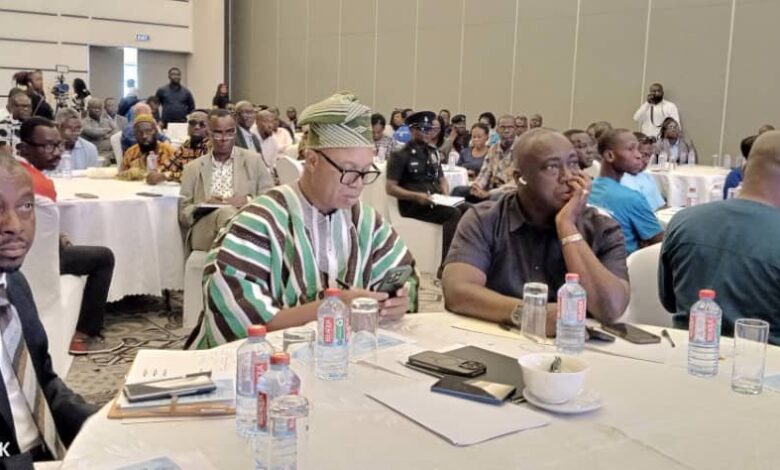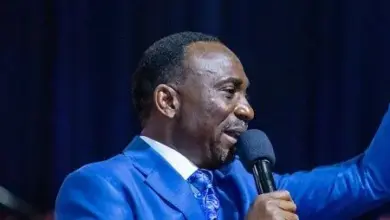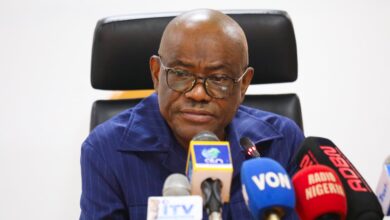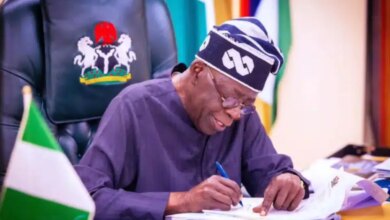GWL raises concern over rising commercial water losses

The Ghana Water Limited (GWL) has called for urgent stakeholder collaboration to address the company’s rising commercial water losses.
According to the company, commercial losses are significantly reducing GWL’s revenue and hampering its ability to supply water effectively to the public.
The Managing Director of GWL, Mr Adam Mutawakilu, made the appeal yesterday during a stakeholder engagement workshop aimed at developing strategies to combat commercial water losses.
The workshop brought together more than 100 participants, including representatives from the Water Users Association in Accra, the Public Utilities Regulatory Commission (PURC), the State Interests and Governance Authority (SIGA), and the Coalition of NGOs in Water and Sanitation (CONIWAS), the Ghana Police Service and the National Security, with sponsorship by the World Bank.
Mr Mutawakilu, in his address, said commercial losses, which involve illegal connections, meter bypassing, and meter tampering, account for 80 per cent of the company’s non-revenue water and result in a 50 per cent drain on overall revenue as of August this year.
He expressed gratitude to development partners, particularly the World Bank, for their continuous support through initiatives like the Greater Accra Metropolitan Area Sanitation and Water Project.
He also acknowledged the oversight of PURC and SIGA, the efforts of Metropolitan, Municipal and District Assemblies (MMDAs), the media’s role in public sensitisation, and the loyalty of GWL’s customers.
“Since assuming office in February 2025, we have navigated a difficult terrain marked by rising electricity and chemical costs, aging infrastructure, and a mounting wage bill. Low revenue continues to challenge our operations,” he noted.
Mr Mutawakilu revealed that in July 2025, GWL set up revenue enhancement teams whose investigations have successfully mapped hotspots and key actors driving these losses.
That, he said, had provided the company with critical insights to take targeted action.
However, Mr Mutawakilu emphasized that GWL could not resolve the issue of commercial losses alone.
“Sustainable water management is a shared responsibility,” he stated. “Addressing commercial losses requires the active participation of all stakeholders—regulators, communities, media, and customers alike,” Mr Mutawakilu said.
He underscored the importance of effective stakeholder engagement in building trust, improving decision-making, and ensuring long-term sustainability, especially in the face of climate change, population growth, and aging infrastructure.
“Together, we can build a more transparent, accountable, and efficient water sector,” he stated.
The World Bank Team Leader of the GAMA Sanitation and Water Project, Harold Esseku, emphasized the urgent need for action rather than just discussion in addressing the persistent issue of commercial water losses.
He welcomed the current momentum and commended the use of systems like Global Information System, which were proving essential in improving monitoring and management.
Mr Esseku noted that the water sector had made strides in many areas, but key challenges remain.
Among those he mentioned were community resistance, stakeholder engagement, and gaps in public education. He emphasized the need for deeper collaboration across departments and highlighted the valuable work done by the Low-Income Customer Support Department.
Those efforts, Mr Esseku said had contributed significantly to increasing public understanding and reducing opposition to necessary reforms.
BY KINGSLEY ASARE & CHELSEALINA ASANTE
🔗 Follow Ghanaian Times WhatsApp Channel today. https://whatsapp.com/channel/0029VbAjG7g3gvWajUAEX12Q
🌍 Trusted News. Real Stories. Anytime, Anywhere.
✅ Join our WhatsApp Channel now! https://whatsapp.com/channel/0029VbAjG7g3gvWajUAEX12Q






